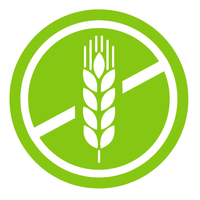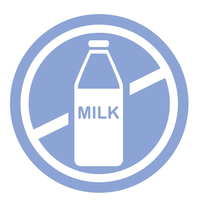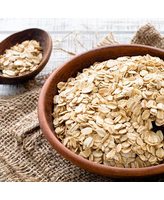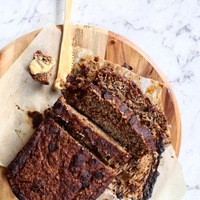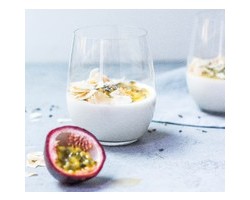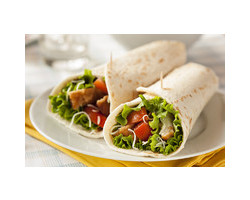Good Mood Food
Author: Jay Elliot Date Posted:19 August 2020
The relationship between mood and food is possibly more complex today than it has ever been. Apart from food sensitivities and allergies many diets are now being selected for lifestyle, ethical and health reasons and its fair to say' we may still be in the infancy of truly understanding this relationship.
Whatever direction you are choosing , there are a few basic principles that can make a real difference to stress and mood management and bring a little more mindfullness into our space.
Putting your hands in the soil and planting a range of seasonal herbs and vegetables is one of the best ways to stay grounded and manage stress.
Choosing good mood foods is also a way of ensuring your body gets all it needs to find a better balance no matter what is happening in your life. My top 5 dietary recommendations for stress management are:
1. Protein: It may seem obvious but I still see a lot sub optimal protein counts going on, in terms of daily intake this can vary dramatically depending on your chosen diet. Without adequate levels of protein a whole range of physiological process can be affected including gastric and immune function, mood and sleep. Aim for at least 0.7-1g of protein per kilo of body weight each day. It's also important to vary your sources. Some good types include nuts, seeds and grains, tempeh or tofu for vegans or vegetarians or Fish, Meat and eggs for omnivores. You might like to include a protein powder if necessary
2. Fatty Acids: Are you getting enough ? Even though there is a lot of bad press about certain oils its worth remembering that dietary fat remains an important macronutrient to balance our hormones and energy needs. Many low fat foods can be disproportionately loaded with sugar. This means you don’t always get the benefits and find yourself craving sweets or other stimulants like coffee just because your energy is low. Omega 3 sources such as chia and flaxseeds can be easily added to cooking or try to include several servings of fish each week. The monounsaturated sources such as olive oil and avocado are particularly useful for those concerned about cholesterol.
3. Folate: This is one of those B vitamins that can be lost in transit depending on the journey. Although folate is fortified in many processed foods, exclusion diets could mean that normal dietary sources are not a reliable way to meet recommended daily intake. Folate is vital for normal cell formation and synthesis of neuro-transmitters involved in regulating your moods. Include loads of green leafy vegetables into cooking and salads to boost your folate levels. At Sunnybrook we stock a great range of organic fresh fruits and vegetables which you can buy in-store.
4. B12: Most Vegans I meet are normally conscious of their B12 levels but deficiency is possible in anyone with compromised digestion. It can take years for a B12 deficiency to emerge and some of the symptoms include dry skin , burning lips, memory disturbances, poor sleep , fatigue or depression. Many of the best sources of B12 are animal sources such as beef, eggs or salmon but vegans or vegetarians can include seaweeds or some yeast spreads as a source or supplement with a vegan friendly B12 supplement.
5. Comfort Food: Yes comfort food in moderation is good because nutrition can’t always be considered just the sum of its parts. There are many people trying different diets for different reasons but how do you really feel ? What’s the point of losing 5kg if you become unbearable to be around! Comfort food has its place and when included on balance honours our real relationship with food.
If you would like any more information, please visit us in- store to speak with one of our friendly and helpful practitioners.


